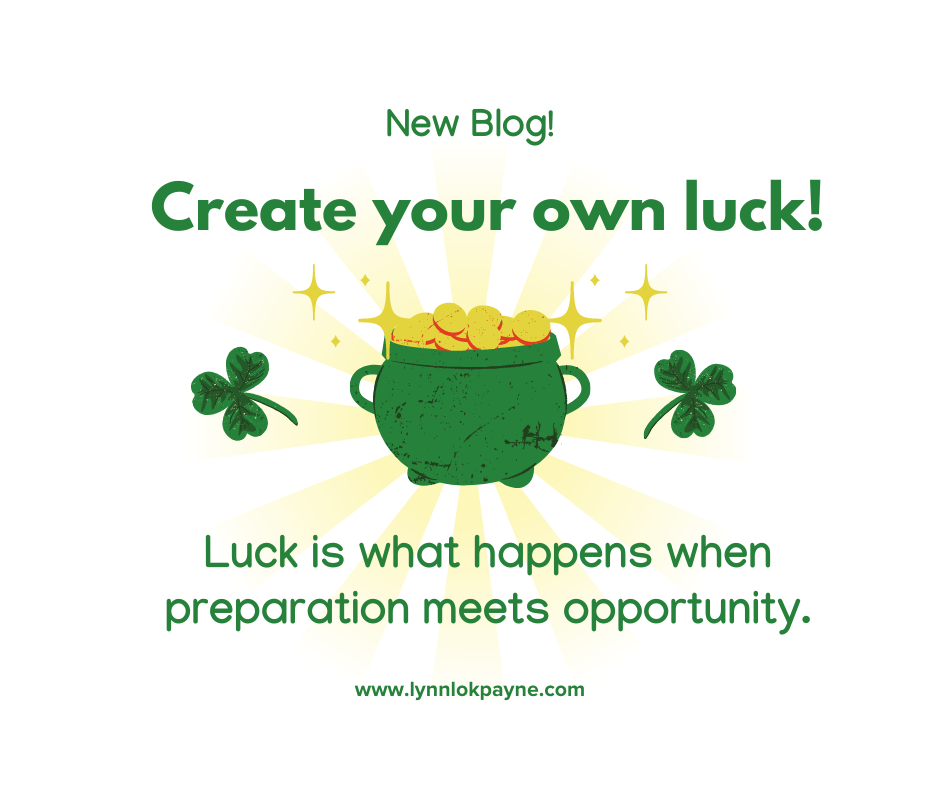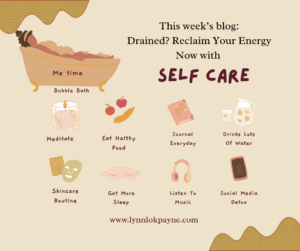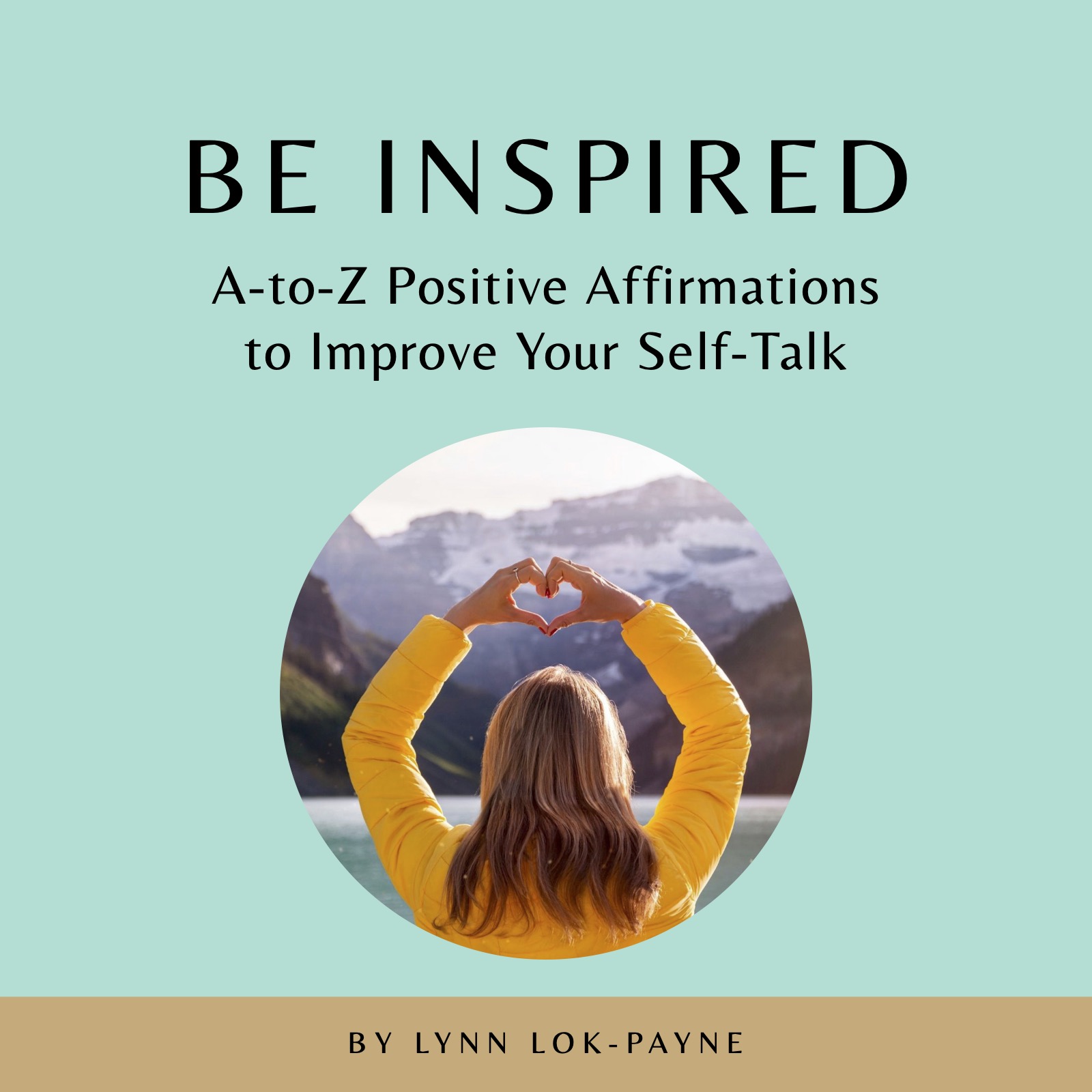
Luck can be created! Richard Wiseman, psychologist at the University of Hertfordshire, conducted a ten-year study called “The Luck Project.” He took 400 people from all walks of life and ages to see why some people are lucky and others not.
Mr. Wiseman tells the story of Barnett Helzberg Jr. owner of a chain of jewelry stores whose annual revenue was around $300 million. One day he was walking in front of the Plaza Hotel and heard someone say “Mr. Buffet.” He wondered if that was the investor Warren Buffet. So, he took a chance and introduced himself and it was. A year later, Buffet purchased his stores.
Wiseman goes on to mention Stanford psychologist Alfred Bandura who decided to play golf with a friend. They were playing behind two female golfers and soon joined them as a foursome. Bandura met up with one of the women later and eventually got married.
A previous next-door neighbor of mine had a similar encounter. Dan had just moved from Santa Barbara and went to the local grocery store on the first day in town. His car stalled and he lifted up the car’s hood to take a look. A woman walked by and asked if he needed help. They started dating and got married. Another chance encounter happened to a friend of mine who met her future husband while standing in line at Peet’s Coffee.
We all have chance encounters like this. The question is, “Are we paying attention?”
Are Some Born Lucky?
“The findings have revealed that luck is not a magical ability or the result of random chance. Nor are people born lucky or unlucky. Instead, although lucky and unlucky people have almost no insight into the real causes of their good and bad luck, their thoughts and behavior are responsible for much of their fortune,” 1 states Wiseman.
“My research revealed that lucky people generate their own good fortune via four basic principles. They are skilled at creating and noticing chance opportunities, make lucky decisions by listening to their intuition, create self-fulfilling prophesies via positive expectations, and adopt a resilient attitude that transforms bad luck into good.” 2
Wiseman conducted experiments to see if he could enhance someone’s luck by getting them to think and behave like a lucky person. “The results were dramatic. Eighty percent of people were now happier, more satisfied with their lives, and, perhaps most important of all, luckier. Unlucky people had become lucky, and lucky people had become even luckier.” 3
How to Increase Your Luck
Create New Opportunities
We can get stuck in a rut and do the same thing over and over again. But this will just give us the same results. Having tunnel vision decreases our chances of seeing new opportunities. “Unlucky people miss chance opportunities because they are too focused on looking for something else. They go to parties intent on finding their perfect partner and so miss opportunities to make good friends. They look through newspapers determined to find certain type of job advertisements and as a result miss other types of jobs. Lucky people are more relaxed and open, and therefore see what is there rather than just what they are looking for.” 4
If we want to increase our possibilities, we have to DSD: Do Something Different. Try something new. Explore new locales, read different books, take a class, or learn a new skill. Meet new people, engage with different social groups, and expand your network. New people may have information or know someone who we could benefit from, and this increases the potential for new opportunities. Pay attention to random experiences because they can open the door to grand possibilities. Finally, keep an open mind and be flexible.
Listen to Your Intuition
Lucky people tend to make quick decisions by listening to their intuition and unlucky people tend to be more anxious, which can lead to indecision. In the above example of Mr. Helzberg, he listened to his intuition to approach a stranger who happened to be Mr. Buffet and that decision to speak to him changed his life.
Expect Good Things
Lucky people are more optimistic while unlucky people tend to be more negative. Either way is a self-fulfilling prophecy. What we give our attention to is what we receive.
How we view a situation can determine our luck. Wiseman asked his participants to imagine that they were in a bank and a robber comes in and shoots them in the arm. Unlucky people looked at this scenario that they were unlucky to be in the bank at that time. Lucky people imagined that the event could have been much worse, which made them feel better about their lives. Their expectations about the future are better and this increases their luck.
Develop of Resilient Attitude for Luck
Everyone has challenges in their lives. If we can look at these obstacles as a temporary event and that we can move through them, then we build resiliency. In the bank example above, lucky people imagined that the situation could have been much worse, and this made them feel lucky. It’s this attitude that builds resiliency and helps them overcome future challenges.
This study demonstrates that our thinking and behavior plays a vital role in how lucky we are. And this is a good thing because we can change our thoughts and actions to increase our luck. As the Roman philosopher Seneca stated, “Luck is what happens when preparation meets opportunity.” With St. Patrick’s Day around the corner, go out there and create your own luck!
1 Richard Wiseman, “The Luck Factor,” www.RichardWiseman.com, April 2003, http://www.richardwiseman.com/resources/The_Luck_Factor.pdf
2 Ibid.
3 Ibid.
4 Ibid.





